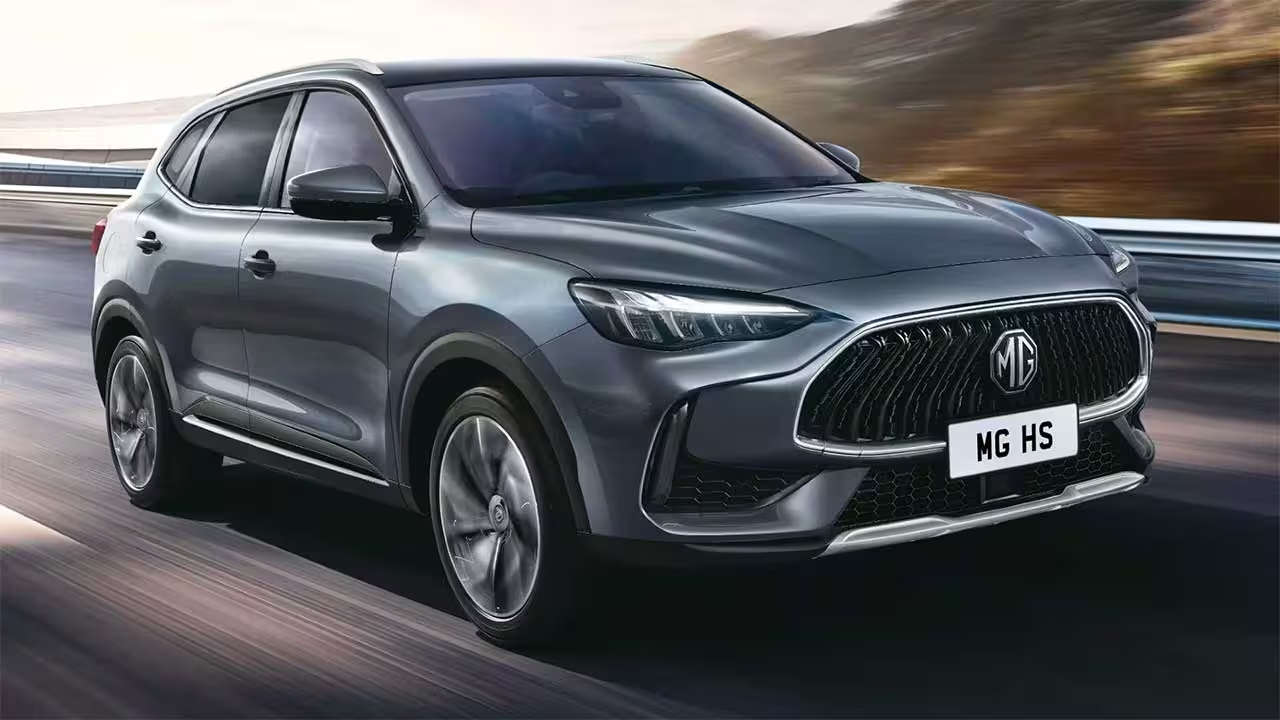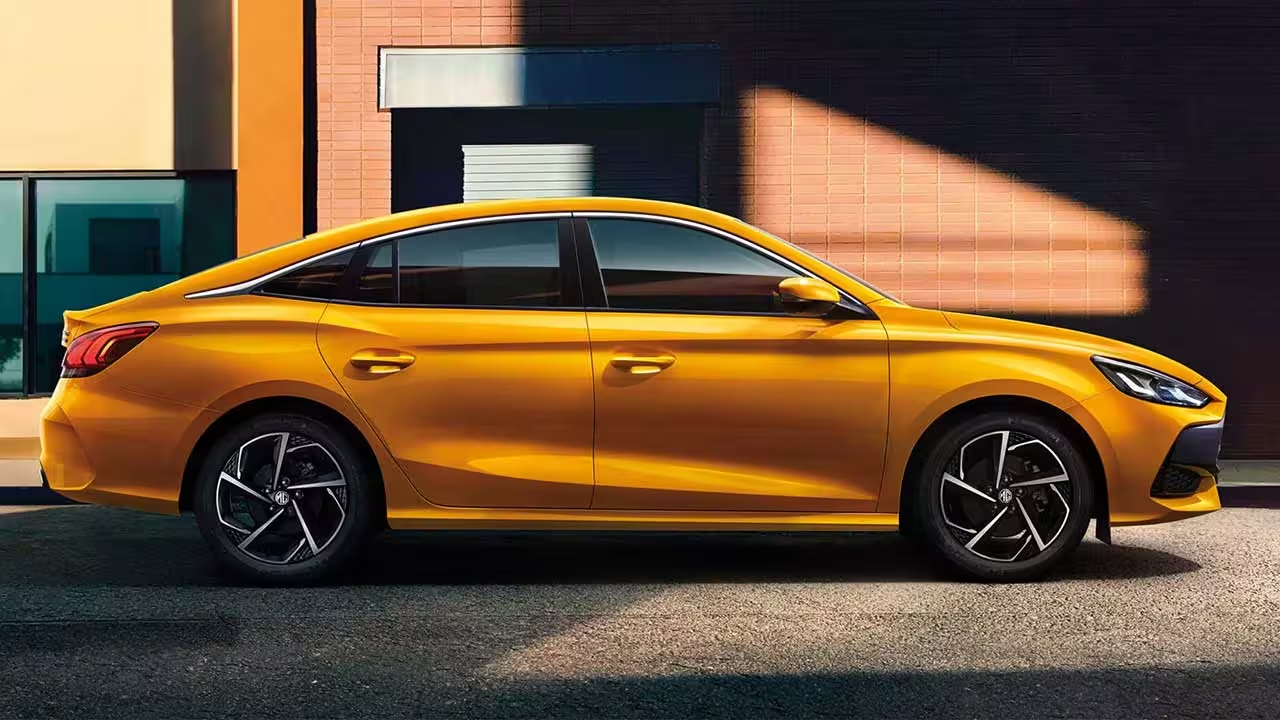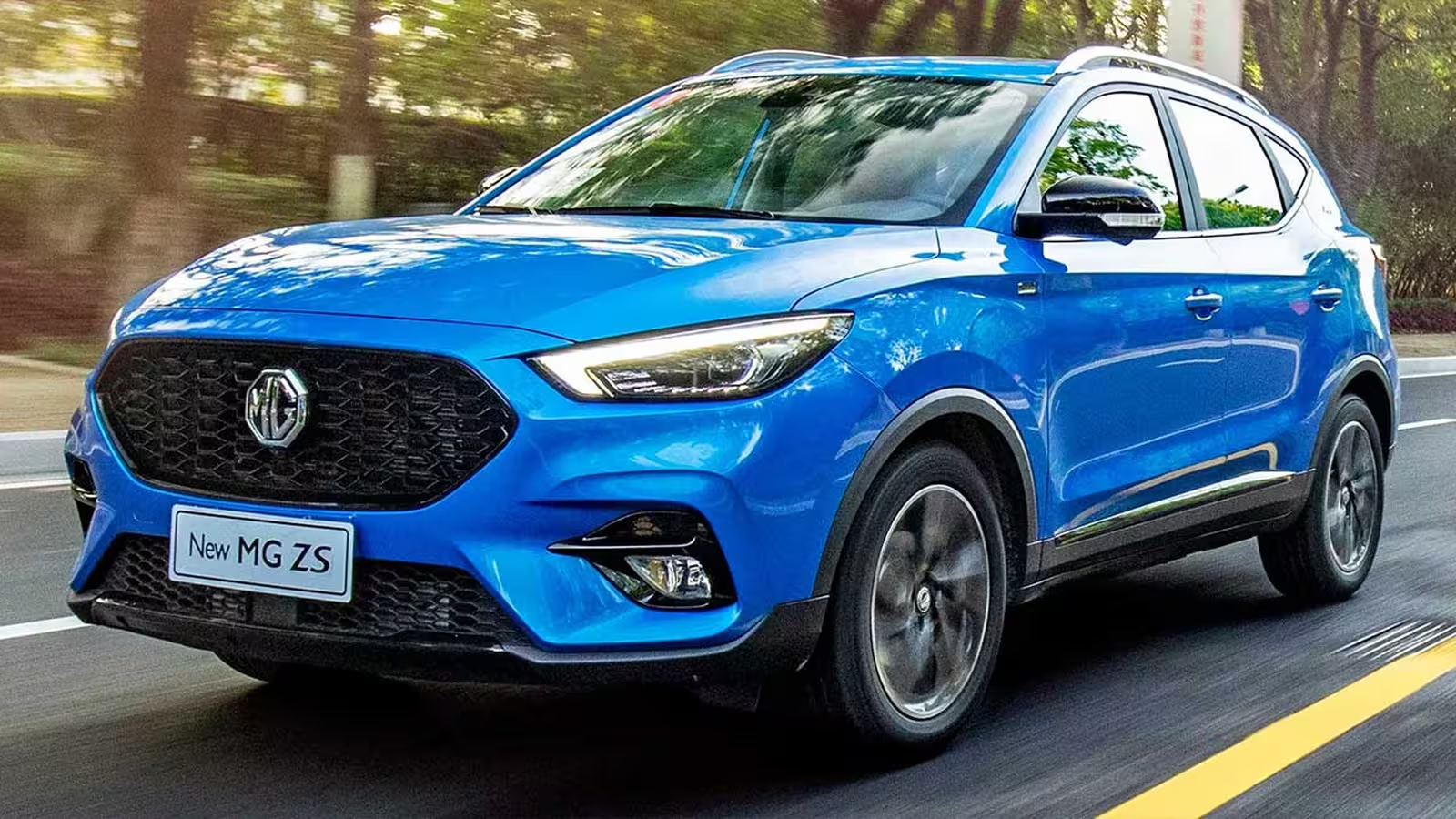3 Minutes
The Allure of Chinese Cars: Features and Value for Money
Chinese cars have been making significant strides in global automotive markets, quickly garnering attention with their wide range of high-tech features and highly competitive price tags. From advanced infotainment systems to extensive safety technologies, these vehicles often offer more for less, making them an appealing choice for budget-conscious car buyers and enthusiasts seeking modern amenities.
Depreciation: The Hidden Financial Pitfall
However, prospective owners of Chinese vehicles should be aware of a critical hidden cost: rapid depreciation. A recent study conducted in Vietnam reveals that Chinese car brands tend to lose value at a much faster rate compared to their Japanese and Korean rivals. For example, MG, which returned to the Vietnamese market in 2020 and has since become the nation's leading Chinese automaker, experienced significant depreciation across its popular models. Over a two-year period (2022-2024), the MG HS SUV lost 33% of its value, the MG 5 sedan depreciated by 27%, and the MG ZS SUV declined by 24%.

Comparing Depreciation: Chinese vs. Korean and Japanese Cars
In contrast, Korean competitors like the Kia K3 sedan saw a depreciation of just 19%, while Hyundai's Creta and Tucson SUVs each experienced a 17% drop. Japanese models, particularly from Toyota, performed best, retaining value far more efficiently with a depreciation rate of only 10-12% over the same period. This stark contrast places Chinese cars at a disadvantage in the second-hand market, potentially affecting resale opportunities and long-term ownership costs.
Exceptions and Market Dynamics
It's worth noting that not all Chinese vehicles suffer heavy losses in value. The Beijing X7 SUV from BAIC lost only 12% over two years—outperforming several competitors. Analysts attribute this resilience to a limited supply of the X7 in Vietnam and its attractive suite of advanced features, which have fueled its popularity among used car buyers.

Design, Performance, and Reputation
While Chinese automakers are gradually shaking off old perceptions of inferior quality, ongoing improvements in design, build quality, and driving performance are rapidly enhancing their reputation. Customers who have experienced these new-generation vehicles are beginning to notice marked upgrades in comfort, engineering, and technology.
Pricing Strategies and Market Impact
Intense price competition, with Chinese brands often offering deep discounts on new models to entice buyers, is a double-edged sword. While it helps capture short-term market share, these aggressive tactics can accelerate depreciation and undermine brand value in the long run. In Vietnam alone, 13 Chinese automotive brands are now fighting for consumer attention, with seven newcomers entering just last year—a testament to the market's dynamic growth and intense rivalry.
Key Takeaways
For car buyers, it's essential to look beyond the sticker price when considering Chinese vehicles. While you may benefit from impressive specifications and modern styling, faster than average depreciation could lead to higher total ownership costs in the future. As the reputation of Chinese automakers continues to evolve, paying close attention to performance, resale value, and after-sales support has never been more important for automotive enthusiasts and everyday drivers alike.


Comments